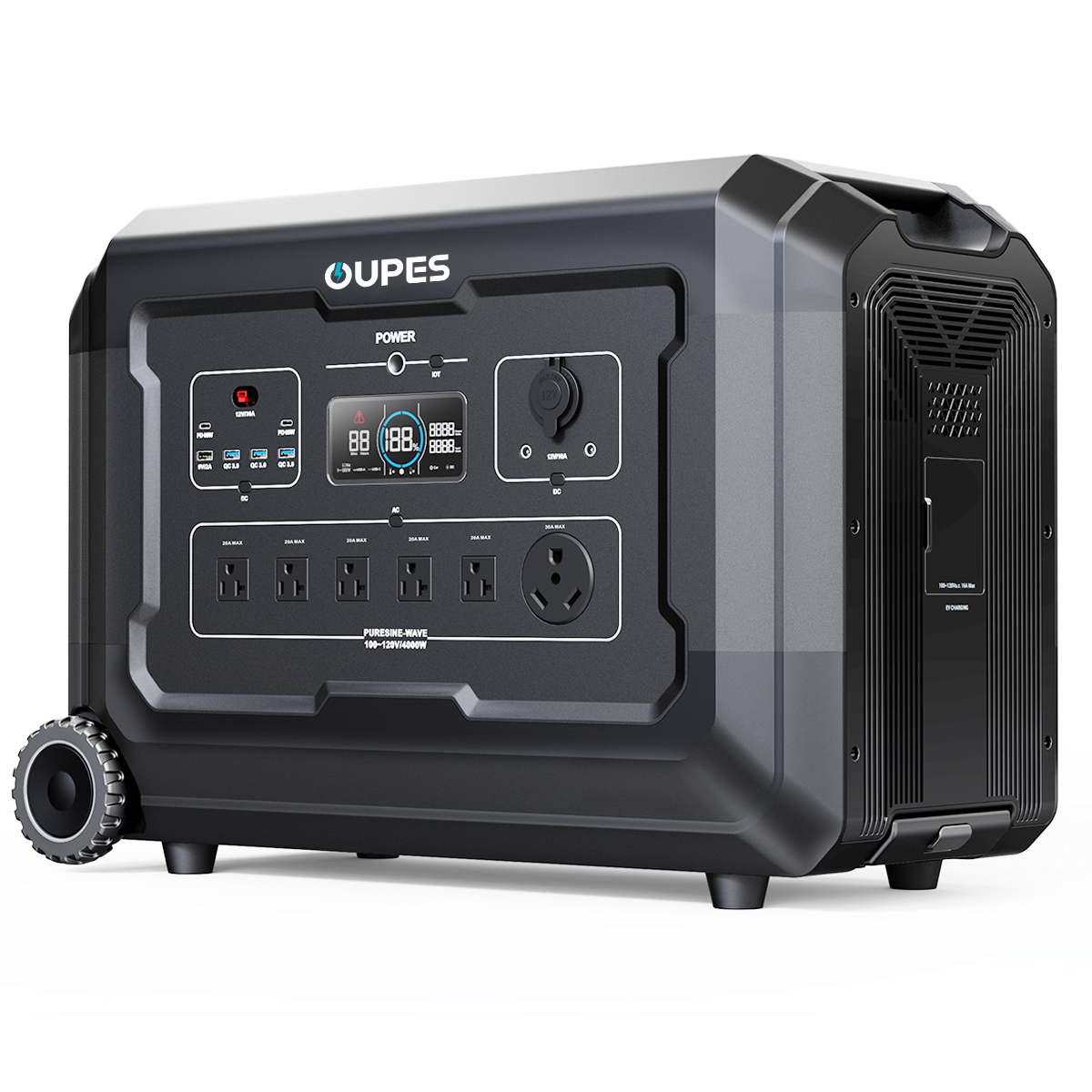
At noon on April 28, 2025, coffee cups froze mid-air in Madrid cafés as lights vanished. Metro station screens went black, Lisbon Airport’s baggage carousels stalled, and Barcelona’s traffic lights "closed their eyes." This 12-hour blackout plunged 60 million people into a real-world experiment: When the grid falls silent, how much control do we truly retain?
The Truth Exposed by Darkness: Overlooked Fragilities of Modern Life
The sudden blackout revealed shocking vulnerabilities in everyday conveniences:
-
A mother clutching her child waited helplessly in a pitch-dark hallway after smart locks failed.
-
Families of ventilator-dependent seniors sprinted kilometers to find backup batteries.
-
Melted ice pooled across supermarket floors, mixing with anxious sweat and tears.
“We thought smart homes meant convenience,” said Barcelona resident Carlos, whose viral social media post resonated widely. “During the blackout, they became prisons.” When technology relies entirely on external grids, personal safety proves frighteningly fragile.
Portable Power: Redefining the Boundaries of Security
Amid the crisis, some rewrote the script:
-
Madrid freelance photographer Irene used a portable power station to document the city’s pulse, keeping her camera and laptop alive.
-
Lisbon clinic nurse Maria safeguarded vaccines for 8 hours with a solar-charged unit.
-
Córdoba vineyard owner Diego powered irrigation systems via solar panels, saving his ripening crops.
Their stories share a common thread: True security lies not in fighting darkness, but in retaining the power to relight a lamp. This power lives in portable energy storage—a humble technology with revolutionary potential.
Three Scenes: How Energy Storage Rewrites the Blackout Narrative
-
Lifesaver Mode
When medical devices scream for power, a notebook-sized unit like the OUPES Mega 2 activates instantly. Its UPS functionality takes over a CPAP machine’s supply in 0.01 seconds, while its 2048Wh capacity sustains 60 hours of operation—not just supplying electricity, but extending life itself. -
Guardian of Dignity
Lisbon baker Pedro connected his OUPES Mega 3 to freezers and cash registers, keeping his shop open. “When customers rushed in waving cash,” he recalled, “I realized this machine stores not just power, but a business owner’s pride.” -
Rescuer of Connectivity
In a Barcelona apartment block, engineer Lucía set up a charging station with the OUPES Mega 5. “Neighbors lined up to power phones,” she said. “That machine charging 10 devices at once became our building’s social hub.”
Choosing Power Storage: What Future Are We Selecting?
As searches for “home backup power” surge, three awakenings emerge:
-
True intelligence means foolproof operation in crises—like OUPES’ one-touch activation, designed for users of all ages.
-
Sustainable security requires independence from grids—solar panels paired with storage let families bank sunlight as energy savings.
-
Technology’s warmth lives in details: child-safe ports, whisper-quiet operation, and ergonomic handles transform cold metal boxes into life companions.
As an OUPES engineer noted: “We’re not selling generators. We’re offering a choice—to put energy autonomy back in ordinary hands.”
Epilogue: Blackouts End, but Awakenings Remain
After Spain’s grid revived, a telling trend emerged: portable power sales spiked 500%, and queues formed outside OUPES stores. The most frequent question wasn’t about specs or price, but: “Will this let me face the next blackout without fear?”
Perhaps this crisis’ greatest lesson is that when we relearn to stockpile “light,” blackouts transform from terrifying accidents into tests of resilience. Those quiet power stations in our corners? They’re doorways to energy sovereignty—each one a starting point where uncertainty meets calm preparedness.




























